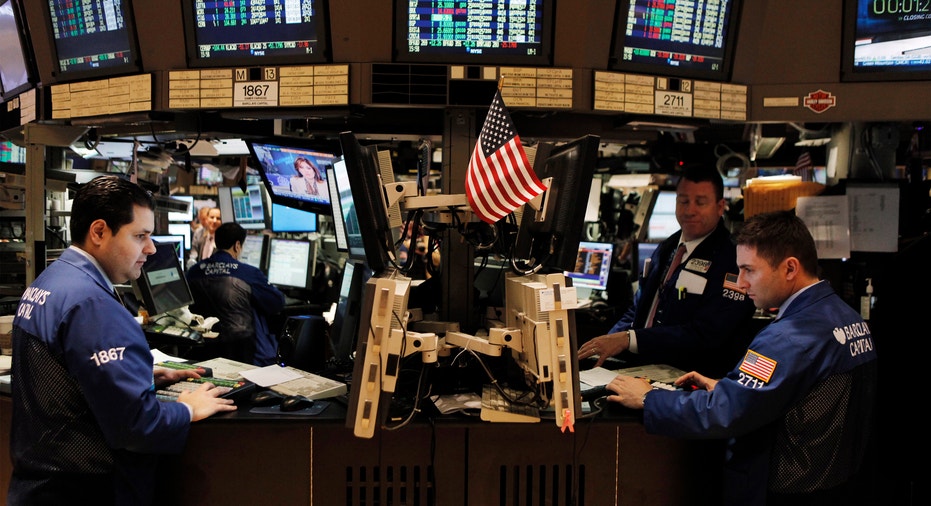Dow eyes 24,000 mark ahead of Senate vote on tax bill

Nov 30 (Reuters) - The Dow Jones industrial index was on course to breach the 24,000 mark at the open for the first time on Thursday, supported by a rebound in technology stocks and progress on President Donald Trump's tax-cut plan.
The Republican drive to push sweeping tax legislation through the U.S. Senate was hurtling on Thursday toward a dramatic conclusion, as Republican leaders pursued behind-the-scenes deals intended to secure enough votes for passage.
"The signs continue to be good, the Republicans are actually moving the ball forward and I think the market is optimistic that it's going to happen," said Brad McMillan, chief investment officer for Commonwealth Financial in Waltham, Massachusetts.
"What happens in the market in the couple of days or weeks is going to depend on whether the Republicans can get this done."
At 8:35 a.m. ET (1335 GMT), Dow e-minis were up 91 points, or 0.38 percent, with 28,373 contracts changing hands.
S&P 500 e-minis were up 8 points, or 0.3 percent, with 180,278 contracts traded.
Nasdaq 100 e-minis were up 21.75 points, or 0.34 percent, on volume of 44,552 contracts.
The Nasdaq recorded its biggest one-day drop in more than three months on Wednesday, as investors dumped technology stocks for bank stocks that could benefit from improving economic conditions and lower regulations.
Brent crude prices gained 1.51 percent as an OPEC meeting progressed in Vienna where producers are expected to extend a supply-cut deal with the goal of tightening supplies and propping up prices.
Juniper Networks shares fell about 8 percent in heavy premarket trading after Nokia <NOKIA .HE> denied takeover talks. Juniper's shares shot up 22 percent on Wednesday after CNBC reported that Nokia had offered to buy the network gear maker for about $16 billion.
Kroger jumped 11 percent after the biggest U.S. supermarket chain reported upbeat sales and profit as its aggressive discounting lured more customers to its stores.
Sears Holding jumped about 30 percent after the retailer narrowed its quarterly losses.
A clutch of data also helped sentiment. U.S. consumer spending slowed in October but underlying price pressures pushed higher for a second straight month.
Data showed that the number of Americans filing for unemployment benefits fell last week, dropping for a second straight week as labor market conditions tightened further.
(Reporting by Sruthi Shankar and Rama Venkat Raman in Bengaluru; Editing by Bernard Orr and Sriraj Kalluvila)



















